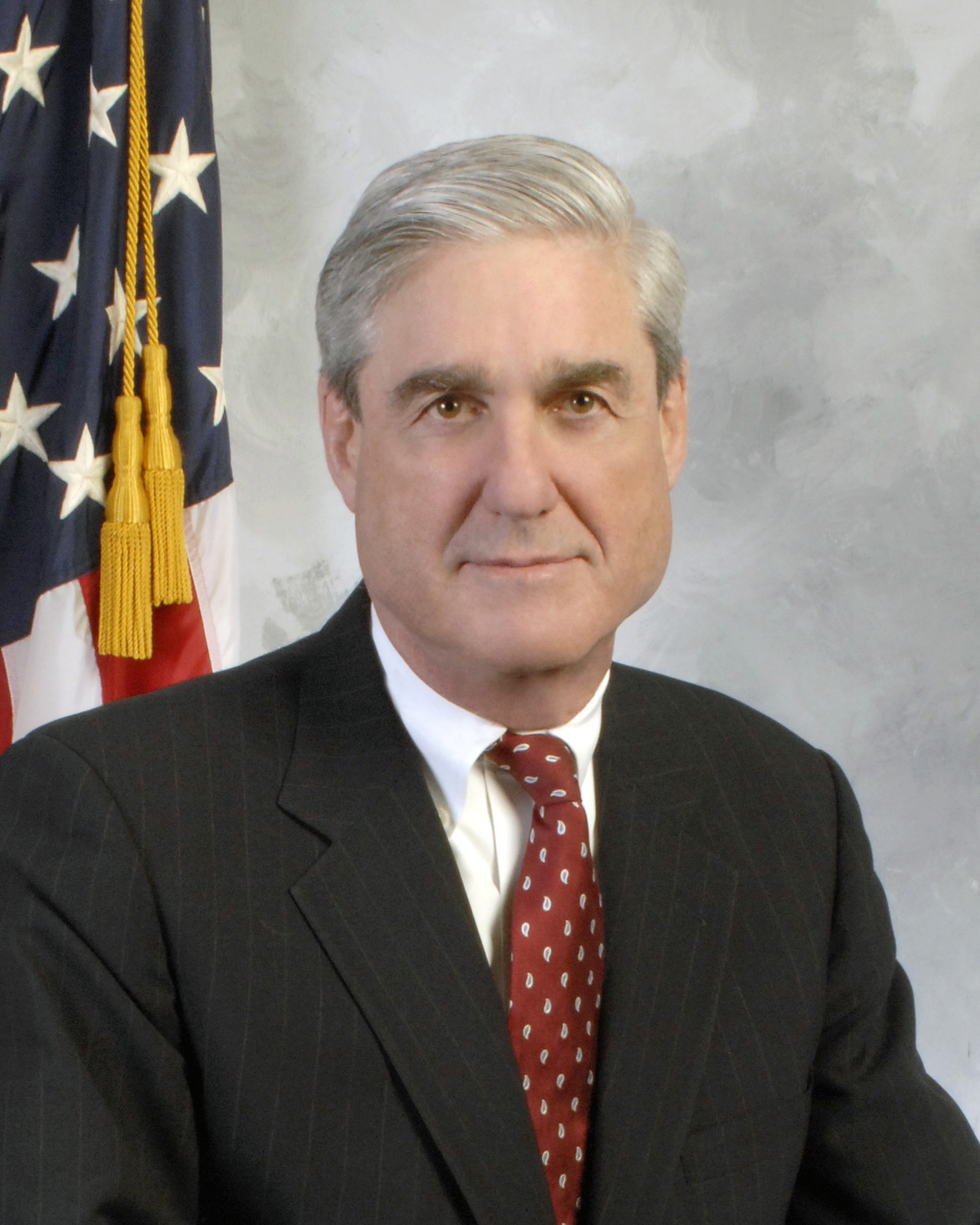Whether it’s pondering the consequences of special counsel Robert Mueller’s report or picking the next president of the University of Wyoming, we the people deserve transparency from our leaders.
Pundits, politicians and ordinary citizens alike have added their voices to the uproar and general hullabaloo that erupted last Thursday after Mueller released a redacted report of his two-year investigation. The report followed Attorney General William Barr’s letter to Congress summarizing it and clearing President Trump of colluding with Russia to sway the 2016 presidential election.
Much of the controversy has centered on how the letter may have been a hasty summary. Mueller concluded in the redacted report that he could not rule out criminal conduct and that several of Trump’s acts may have constituted obstruction of justice.
Further, while many on the Hill responded to Barr’s letter with jubilant calls to finally put this collusion nonsense to bed, in his redacted report Mueller actually recommended Congress investigate the case for obstruction more closely.
The vast difference in conclusions reached in the letter versus the redacted report — complete exoneration versus a damning profile of obstruction, albeit with the special counsel’s deferring to Congress on further action — underscore the importance of full transparency in sharing such information with the public. Had the Department of Justice not caved to pressure to release the 448-page report, only 444 pages longer than Barr’s summary letter, the American people would still be in the dark about the president’s possible crimes.
Though the redactions no doubt do not obscure the equivalent of several hundred pages of information, the large swaths censured out of the report have left many wondering what else the department may be withholding. The government redacts information when it may be “sensitive” or irrelevant to a subpoena, but after Barr’s cursory analysis of what constituted “relevant” information, the public deserves to see the full uncensored report.
The House judiciary committee release a subpoena Friday requesting the unredacted report, to do just that, and has been met with intractable resistance from those who insisted Barr’s letter alone was sufficient. Opponents to the free flow of potentially politically damaging information are putting up a fight.
Sound familiar? It should, because students, staff and ordinary Wyoming citizens have added their voices to the chorus of those asking why the University’s Board of Trustees suddenly declined to renew popular President Laurie Nichols’ contract.
The trustees have kept their rationale under wraps, declining to comment on it to the press or in public. Worse, they have held a series of executive session meetings, which are closed to the public, to discuss “personnel” topics like the appointment of an interim president, despite the fact that Wyoming public records law requires any discussion of personnel processes be open to the press and the public.
This secrecy over Nichols’ removal and replacement is particularly alarming considering the high turnover in the president’s post in the last several years. As the Casper Star Tribune editorial board wrote, “Either the board of trustees has failed repeatedly to hire the right person, or they are forcing out good people.”
In her tenure, Nichols has successfully steered UW through tens of millions in budget cuts, declining enrollment and a death of diversity. This success begs the question of whether her ousting is purely personal or political.
Whether that is the case or not, the trustees owe this university and this state an explanation. They also owe us complete transparency in the process of selecting Nichol’s successor, the person who will shape students’ experience here in years to come.


